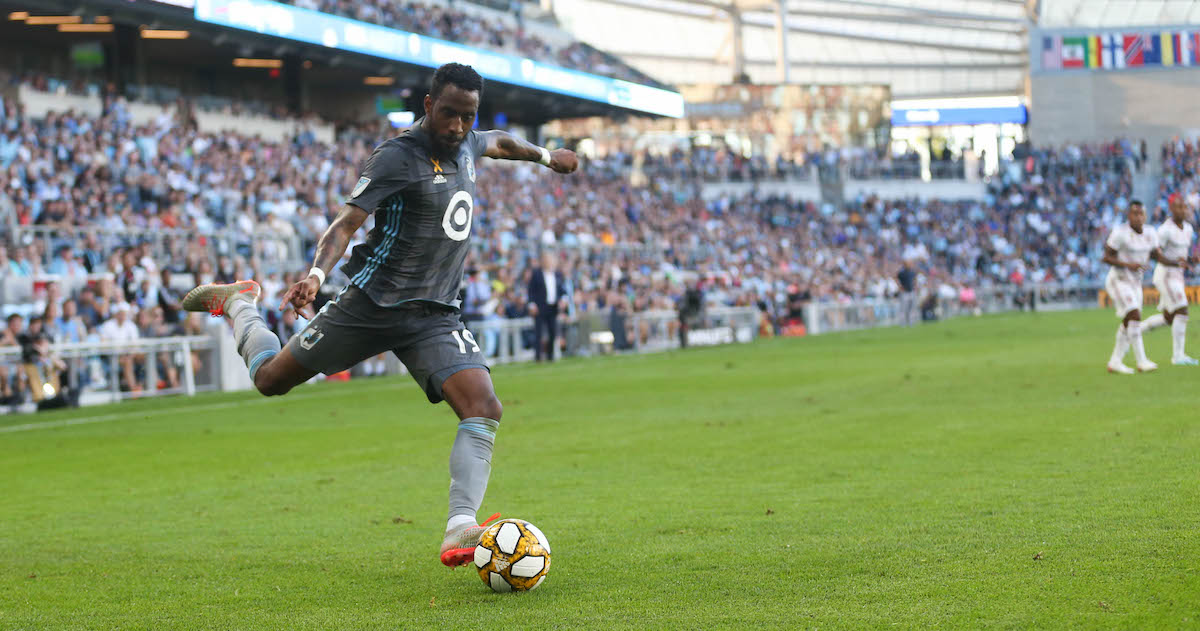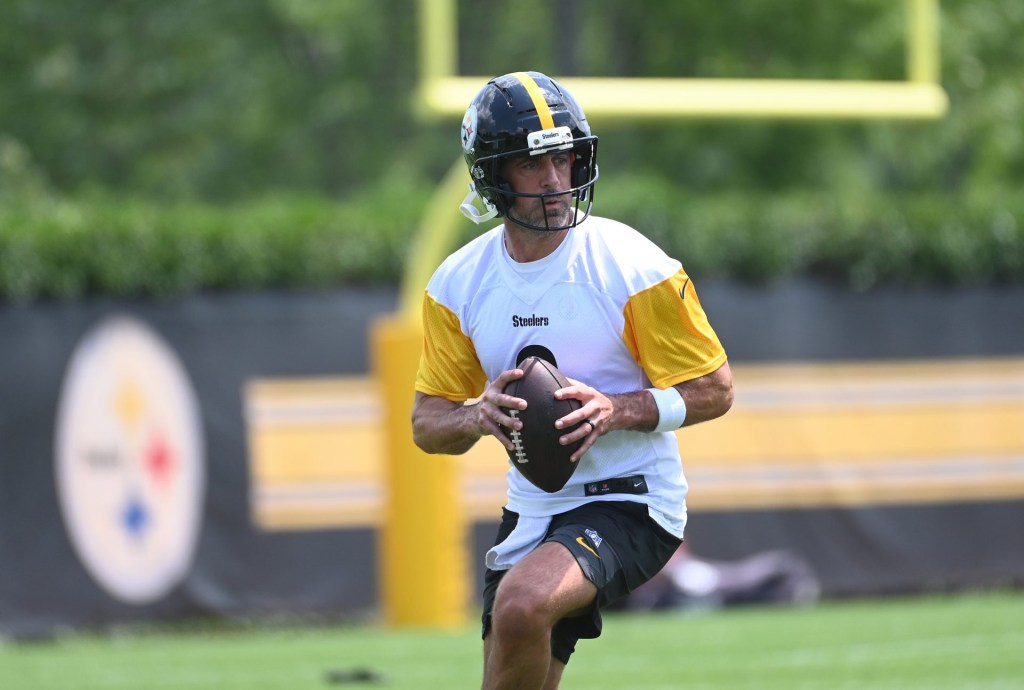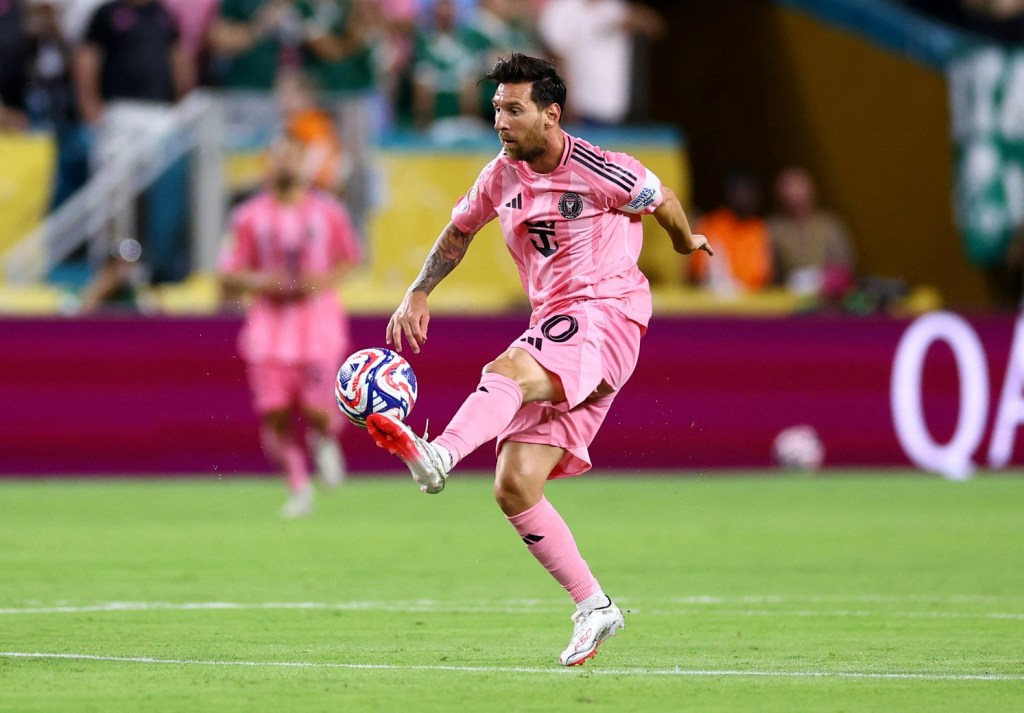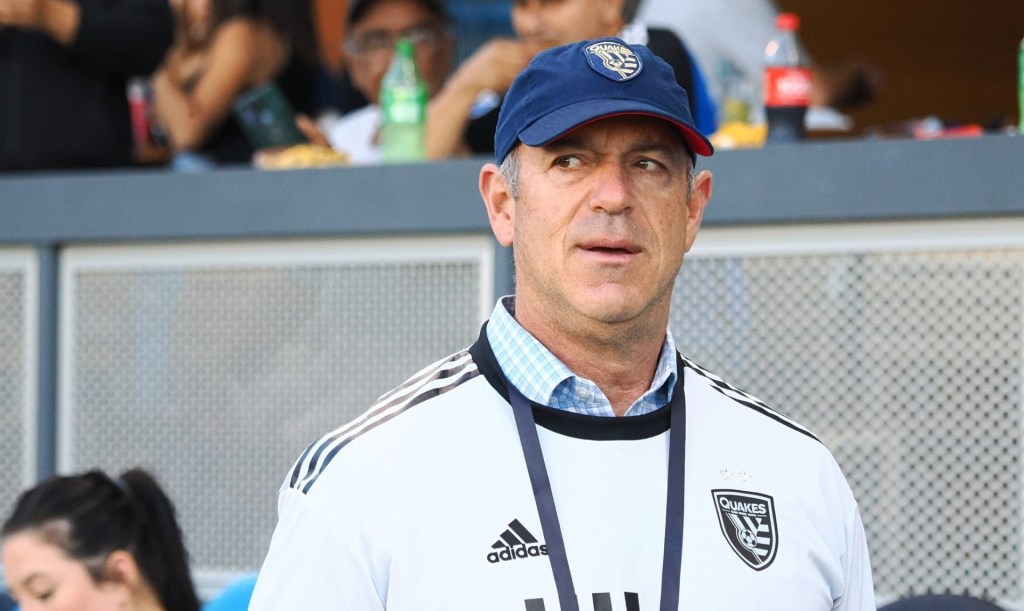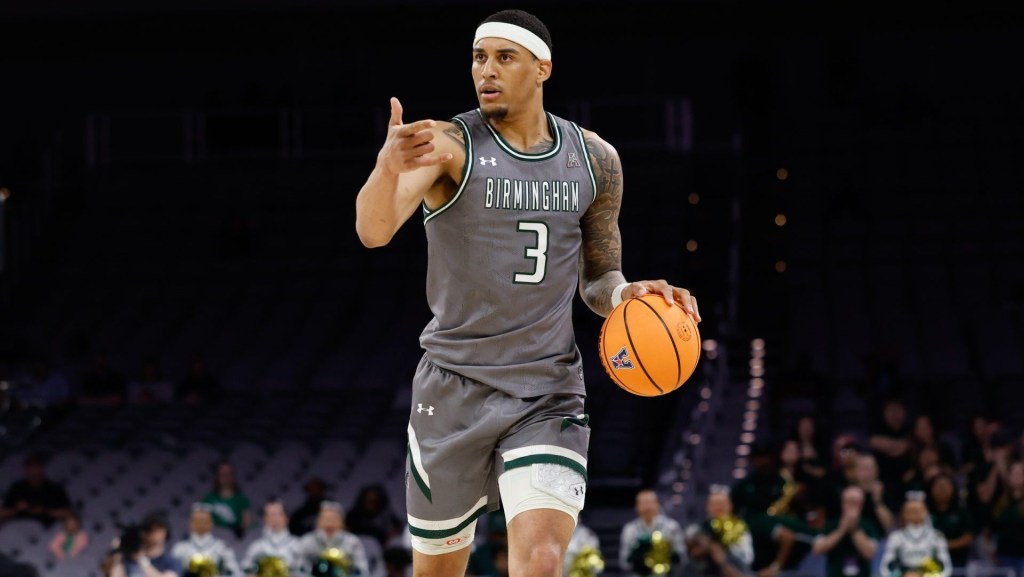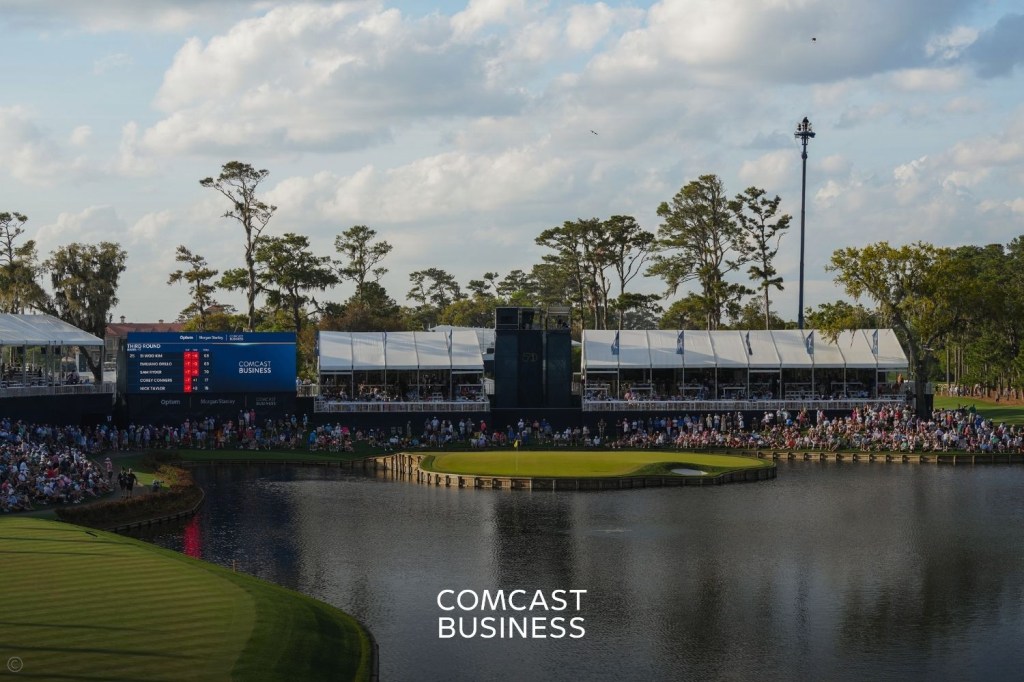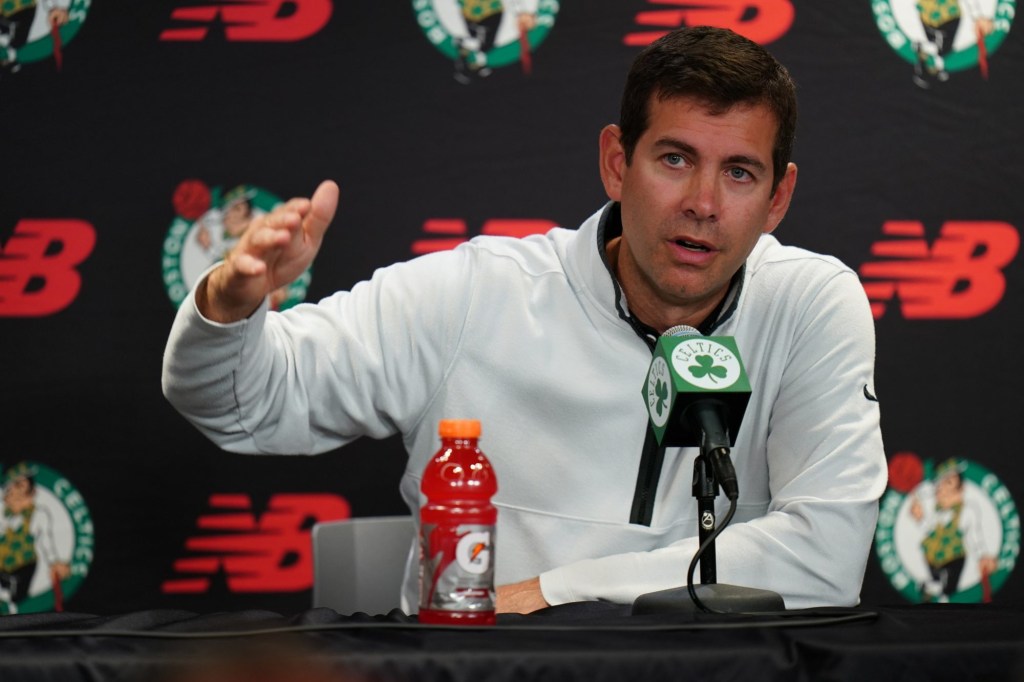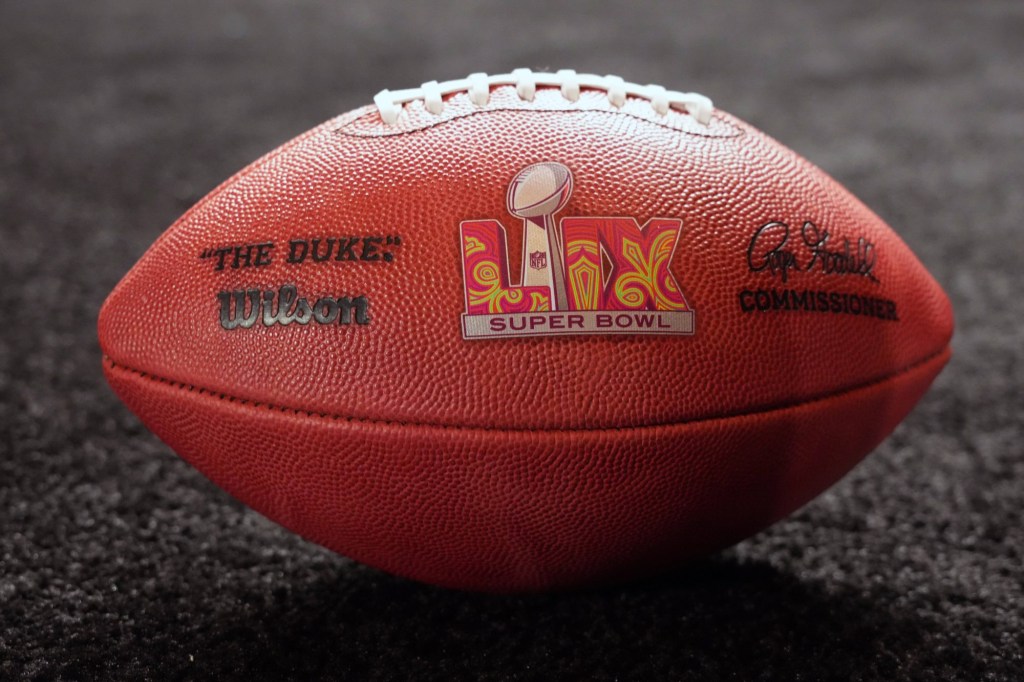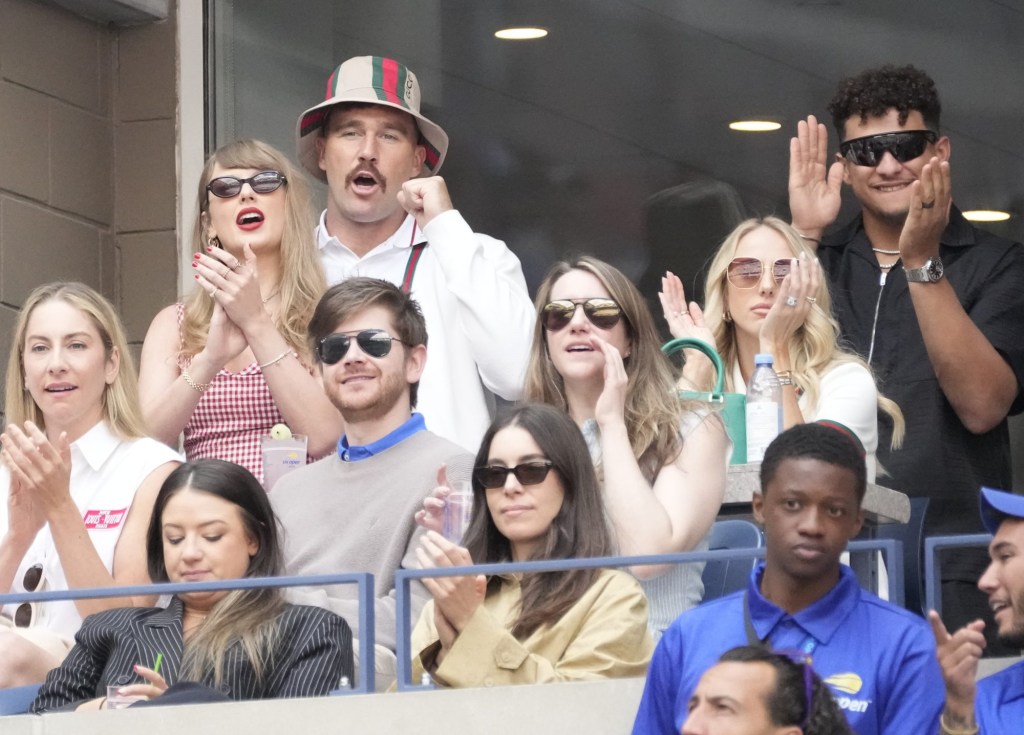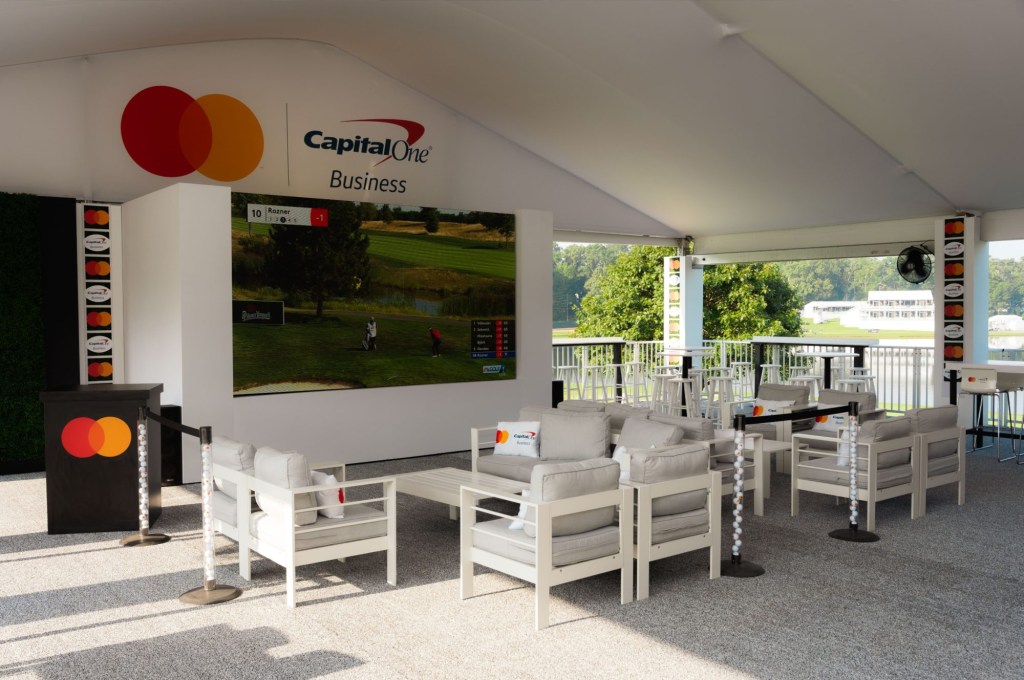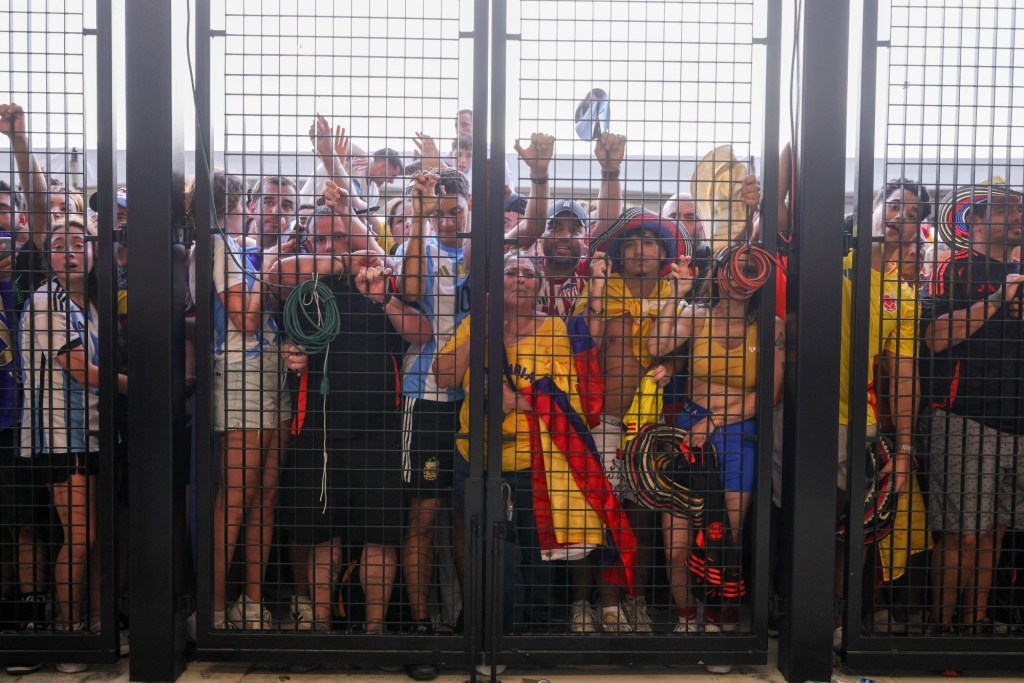As both Miami and Nashville are set to debut in MLS in 2020, two of the league’s other newer teams are aiming to use this season to further establish their roots.
While Minnesota United FC is technically entering its fourth MLS season, CEO Chris Wright said the 2020 campaign is essentially the second season of a relaunch of the team following its move into Allianz Field last season.
Minnesota launched in 2017 alongside Atlanta United FC, with LAFC debuting the following year. However, in comparison to Minnesota, both had long MLS expansion runways that allowed them to not only be more competitive on the field in their first season but also off it – something that was exacerbated further by the fact Minnesota played its first two years in a non-team owned venue.
“You have to be very intentional, very deliberate, and understand the different segments of fans of the 20,000 that come to the game and have a narrative for those segments,” Wright said. “There has to be an overarching way you take the club to market and grow the brand, but you also have individuals and make sure their relationship with the club is understood.”
Meanwhile, in its second season, FC Cincinnati looks to get its play up to the standards it wants to provide an already rabid fanbase before moving into a new stadium.
“We were playing at USL in October and MLS in March,” said Jeff Smith, FC Cincinnati vice president of ticket sales and service. “We didn’t have the appropriate team built, so how do you demonstrate that commitment to winning? We saw the first two years as building a foundation, being transparent in what we are doing, and how we are doing. Once we move into our new stadium in 2021 and have that allocation of resources, that’s when the magic can start to happen.”
MLS has been in a nearly consistent state of expansion in recent years, with four more teams set to debut in the next two seasons: Austin FC, Charlotte, Sacramento, and St. Louis.
That has meant that clubs in their infancy have tried to take the time to build a deep bond with their fanbases, especially by being as transparent as possible, Smith said. From FC Cincinnati’s founding in 2015 as a USL club, Smith said the team was transparent in its goal to be an MLS club, and when it was awarded an MLS expansion franchise in 2018 to begin play in 2019, they were honest in their expectation to be poor on the field.
To build that fan equity, Smith said the staff sought out to do fewer things better. That meant tapping into a youth soccer community with more than 50,000 players, heading to soccer bars, and sitting with the city’s soccer diehards. In a town with the nearly 140-year-old Cincinnati Reds and 50-year-old Bengals, creating a sense of ground-floor involvement was essential to differentiate in a crowded small market.
“We created ownership at the fan level, sounds cliche, but it was pure, genuine, and authentic, and it worked,” Smith said.
The first season in the USL in 2016 saw the team had 6,000 season ticket members, a number that jumped to 21,000 four years later. Despite Cincinnati’s rough play – dead last in MLS – the team was still the third-highest draw in the MLS with more than 27,000 fans coming to home games.
READ MORE: MLS Fans Consume More Content In 2019, But Average Attendance Drops
Cincinnati’s rabid fanbase will have a full-time home beginning in 2021, when the $200 million, 26,000-seat West End Stadium opens. Smith said having double the league average of premium offerings will allow the team to generate more revenue and be aggressive in building a competitive team on the field.
In Minnesota, which Wright joined from the Timberwolves in 2017, the team accepted the challenges of a first-year MLS club on the playing field and used it to prepare for the opening of Allianz Field.
“Allianz became the opportunity to relaunch the franchise and do it right,” Wright said.
As the move to Allianz began to take shape, Wright said the team decided to self-manage the venue to keep full control of how it interacts with the community. In Minneapolis, the nation’s 15th largest market, there are more than 251 languages spoken. With soccer as the global game, Wright said it was an opportunity to set the team apart in a competitive city with plenty of sports to choose from.
“We wanted everyone to know this was a place they could come to celebrate the game,” Wright said. “We would create a whole experience for them no matter where they are from, from food and beverage to the branding and flags that represent the countries of origin.”
Before opening, the team went into the community to find people who wanted to work at the stadium – it now has a staff that speaks 25 languages.
The first season in their 19,400-person capacity soccer-specific stadium, Minnesota United had 14,500 season ticket members with a waitlist of more than 6,000. That has now increased to 15,000 season ticket members with a waitlist still more than 6,000 strong, Wright said, as the team put itself “into position to sell out every game.”
READ MORE: Minnesota United Keeps Concessions in The Neighborhood at Allianz Field
Several campaigns and traditions have developed through its supporters’ groups, five different groups under the same umbrella, called Wonderwall, because of the way they all sing the Oasis hit song “Wonderwall” after a win. Likewise, the fans stand and swing scarves over their heads during corner kicks, a seemingly organic extension of the team’s “Scarves Up” campaign. Now, Wright said the team hopes the fanbase can deliver a signature walkout song.
“We’re trying to engage them in the build-out of the tradition that they are manifesting themselves,” he said.
The approach to Allianz Field’s operation seems to have paid off, as ESPN named it the best fan experience in the MLS.
“It’s pretty heady when ESPN turns around and declares it the best MLS experience,” Wright said. “There are some great experiences out there; I love Kansas City, LAFC, Portland. Our challenge now is how do we grow that fan experience.”
